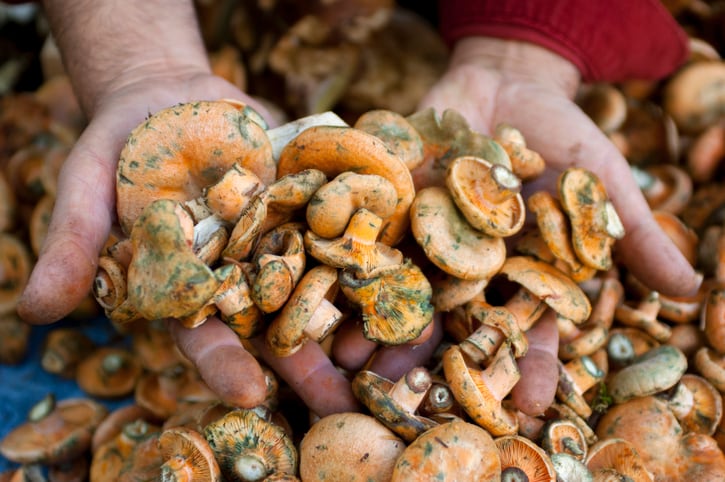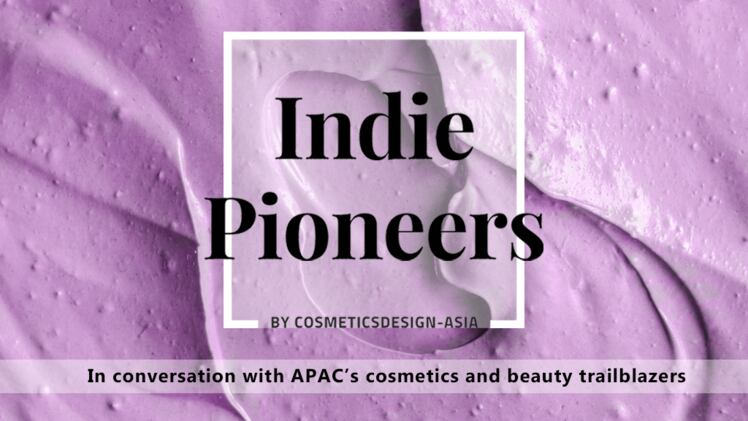Mycrocell is part of the Singapore government’s 30 by 30 food security initiative. The objective is to produce 30%of its nutritional needs locally by 2030.
According to the start-up, mushroom mycelium is the equivalent of a juvenile stage mushroom. It is obtained by taking tissue from the insides of a mushroom and cultivating it in a nutrient-rich substrate under the right conditions of temperature and humidity.
While developing an alternative food source is the main goal for Mycrocell, the team also sees potential in the cosmetics industry, where some of its members have connections.
“While we're producing mushroom mycelium as an alternative protein to be used in processed foods, at the same time, based on our previous cosmetics industry experience, we can also extract from the mycelium useful compounds that can be used in skin care and cosmetics,” explained Raymond Tham, founder and CEO of Mycrocell.
The cosmetics industry is no stranger to mushrooms as an ingredient. Reishi, tremella, and shiitake are among the many varieties that feature in cosmetic products in the market today.
As a cosmetic ingredient, mushroom mycelium taps into several trends in the market, such as the insatiable consumer demand for natural, safe, and effective ingredients.
“The fact that you can eat the mycelium means you can also put it on your skin safely. We control everything that goes into the production of it, so there’s nothing harmful,” said Tham.
Furthermore, the upcycled way it is produced fulfils the need for sustainability and circularity. “It's all part of the company's policy to be environmentally sustainable, so nothing is thrown out,” said Tham.
“Our strength is scaling up. We are able to scale it up to several 100 kilogrammes in a very short space of time with our own designed bioreactors, which use minimal energy and is basically food-safe – in other words, these cosmetics can be eaten.”
The ingredient can be applied across various cosmetic products, and the company is also looking at its potential in the cosmeceutical space.
“Certainly, it can address a wide range of needs in the consumer market, from daily-use toners to a more high-end essence. It potentially can also be used in cosmeceuticals,” said Tham.
“These extracts in here contain the metabolites of the mycelium, which include the polysaccharides, and peptides, and polysaccharides, which have been shown in the literature to be good for anti-inflammatory functional purposes.”
In addition to anti-inflammatory properties, mycelium could potentially have other cosmetic benefits such as skin brightening. However, the company has yet to confirm any of these.
“The company is still young; we are in the process of doing all the functional tests. But existing literature supports the concepts on which we are basing our product on,” said Tham.
The next step for Mycrocell is to partner with other cosmetic companies, be it beauty brands or ingredient suppliers, to conduct more research in order to confirm the benefits of mushroom mycelium.



